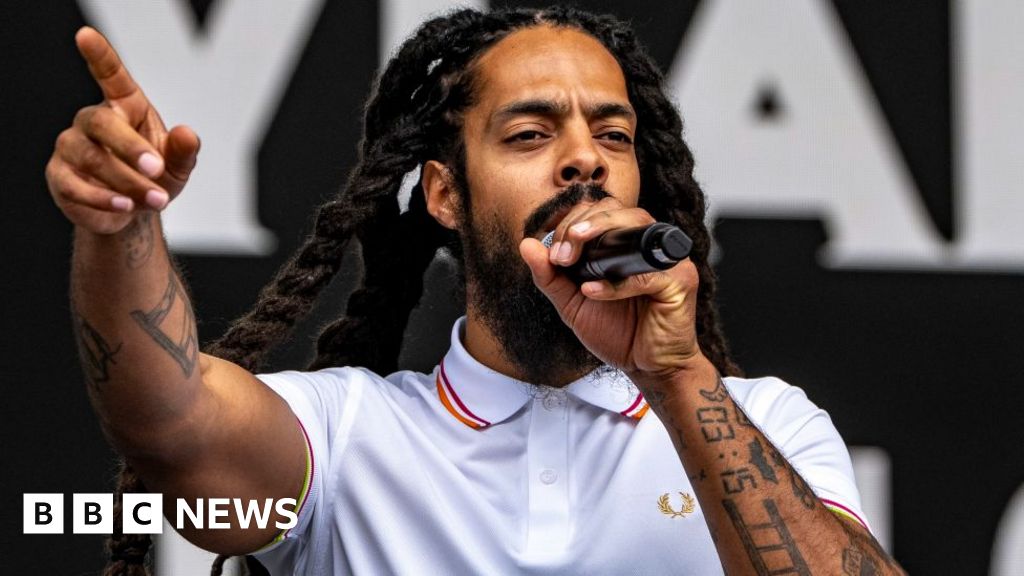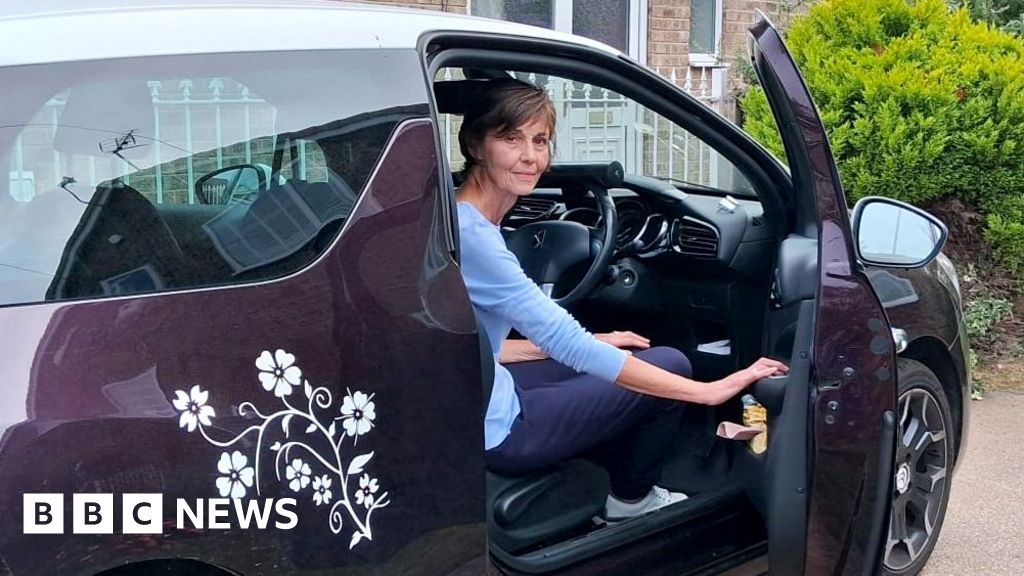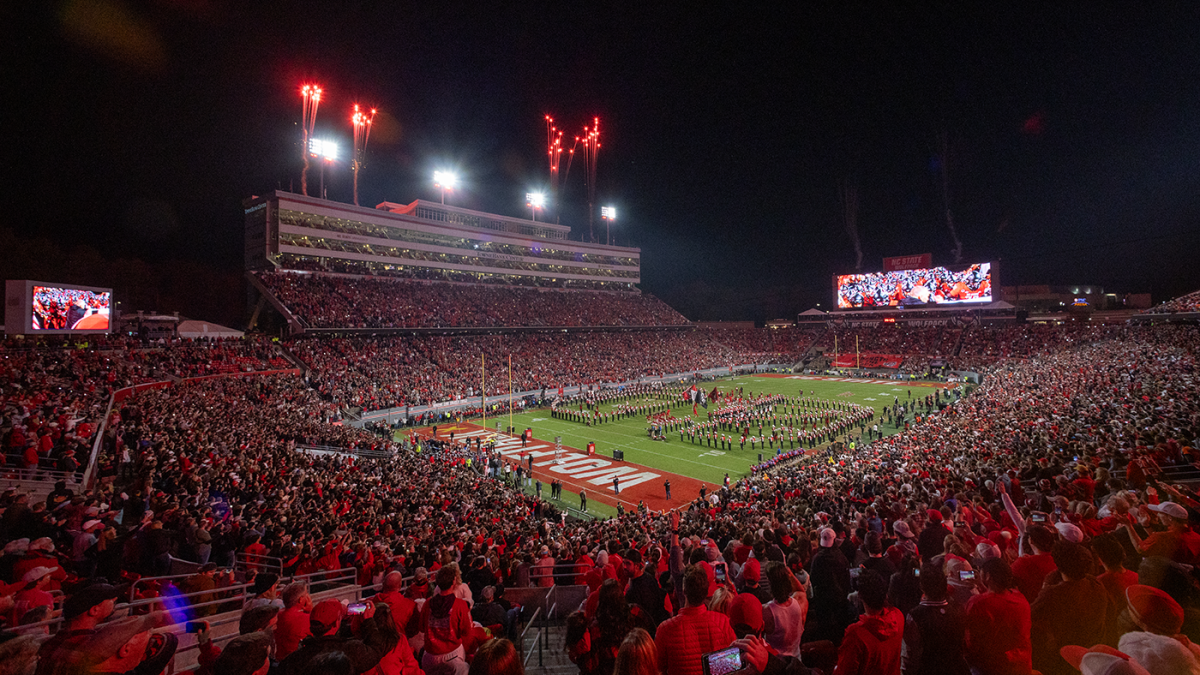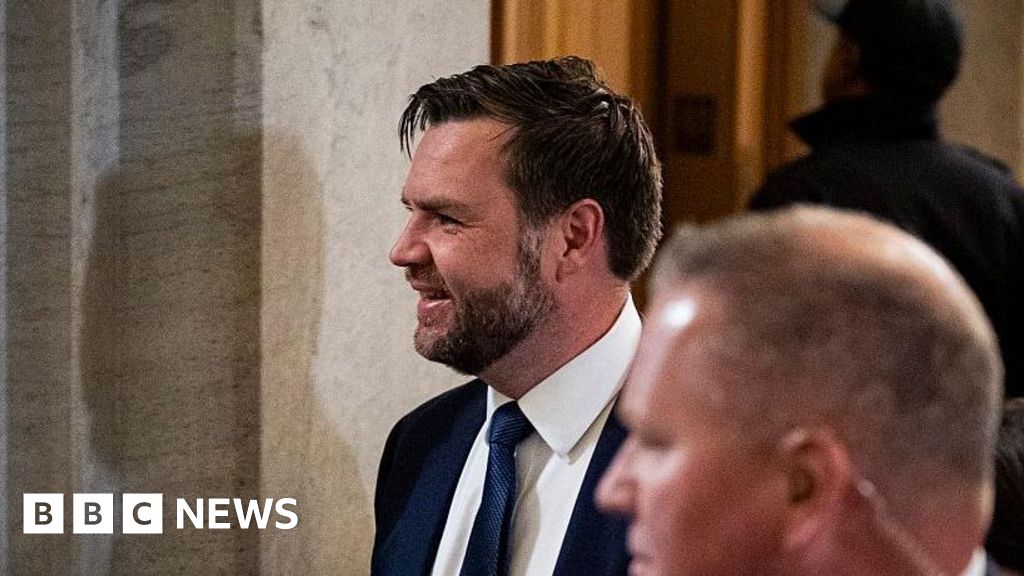Sam Francis
Political reporter
Watch: 'I will always take responsibility', says Starmer on welfare reforms
Sir Keir Starmer has admitted he "did not engage" properly with Labour MPs, leading to a series of damaging U-turns on his flagship welfare reforms.
On Tuesday, the government avoided defeat on its proposals to overhaul disability benefits by offering late concessions to Labour MPs threatening to rebel.
The prime minister said he took responsibility for the episode, admitting it had been a "tough" few days but insisting the government would "come through this stronger" after a period of reflection.
Speaking to BBC Radio 4's Political Thinking, Sir Keir said he "did not get that process right" and "did not engage in the way we should have done".
The prime minister's comments come after a chaotic few days in Westminster, which saw Labour MPs revolt over proposed changes to the Personal Independence Payment (Pip).
The government had initially planned to tighten eligibility criteria, but faced mounting opposition from within its own ranks.
Despite holding a commanding majority, Sir Keir's administration appeared caught off guard by the scale of the backlash.
More than 120 Labour MPs threatened to vote against the bill, prompting a series of last-minute concessions.
Ahead of Tuesday's vote, ministers had already watered down their plans once by reversing some cuts to universal credit and protecting current Pip claimants from stricter eligibility rules.
However some Labour MPs were still concerned the new criteria for claiming Pip would come into force before the recommendations of a review could be implemented.
Fearing a humiliating defeat, the government announced a further U-turn, saying it would not change Pip rules until it had time to consider the review's conclusions.
The 11th hour changes leave the government's Universal Credit and Personal Independence Payment Bill gutted of its most significant measures.
Speaking to Nick Robinson in a pre-planned interview to mark a year in office, Sir Keir admitted he "didn't get that process right".
"We didn't engage in the way we should have done."
He said that "Labour politicians come into public life because they care deeply", especially about issues like disability benefits.
Sir Keir insisted he remained committed to reforming the welfare system.
"There is a very, very strong agreement in the Labour Party that we do need to reform the system," he said.
"But I'm not one of these ideological thinkers. I'm a pragmatist."
The episode has raised questions about Sir Keir's authority and the coherence of his policy agenda.
It has also put pressure on Chancellor Rachel Reeves' spending plans, as potential savings of around £5bn will now be delayed or lost entirely.
In the same interview Sir Keir insisted Reeves would remain his chancellor into the next election" dismissing talk of a rift sparked by footage of her crying during Prime Minister's Questions.
The prime minister had refused to say whether Reeves would remain in her job until the next election in front of MPs in the Commons, during a session in which the chancellor wiped away tears as she sat behind him.
But later Sir Keir told the BBC he worked "in lockstep" with Reeves and she was "doing an excellent job as chancellor".
After PMQs, Reeves' spokesperson said she had been dealing with a "personal matter" and Sir Keir insisted her tears had "nothing to do with politics".
Watch: Starmer says past few days have 'been tough'
Despite the turmoil, Sir Keir said he "would not swap a single day of the last year" for life on the opposition benches.
"I came into politics to change lives, after nine long years in opposition," he said.
Sir Keir said he was "really proud of what we've achieved because we have changed the lives of people".










 English (US) ·
English (US) ·